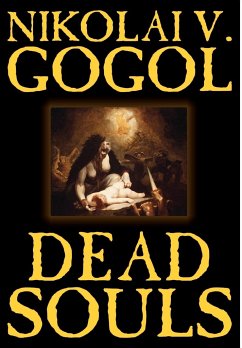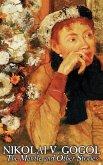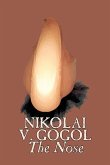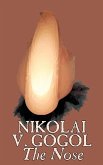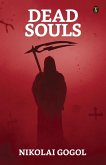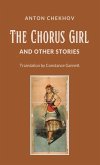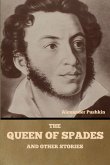DEAD SOULS, first published in 1842, is the great prose classic of Russia. That amazing institution, "the Russian novel," not only began its career with this unfinished masterpiece by Nikolai Vasilievich Gogol, but practically all the Russian masterpieces that have come since have grown out of it, like the limbs of a single tree. Dostoevsky goes so far as to bestow this tribute upon an earlier work by the same author, a short story entitled "The Cloak"; this idea has been wittily expressed by another compatriot, who says: "We have all issued out of Gogol's Cloak."
Bitte wählen Sie Ihr Anliegen aus.
Rechnungen
Retourenschein anfordern
Bestellstatus
Storno

